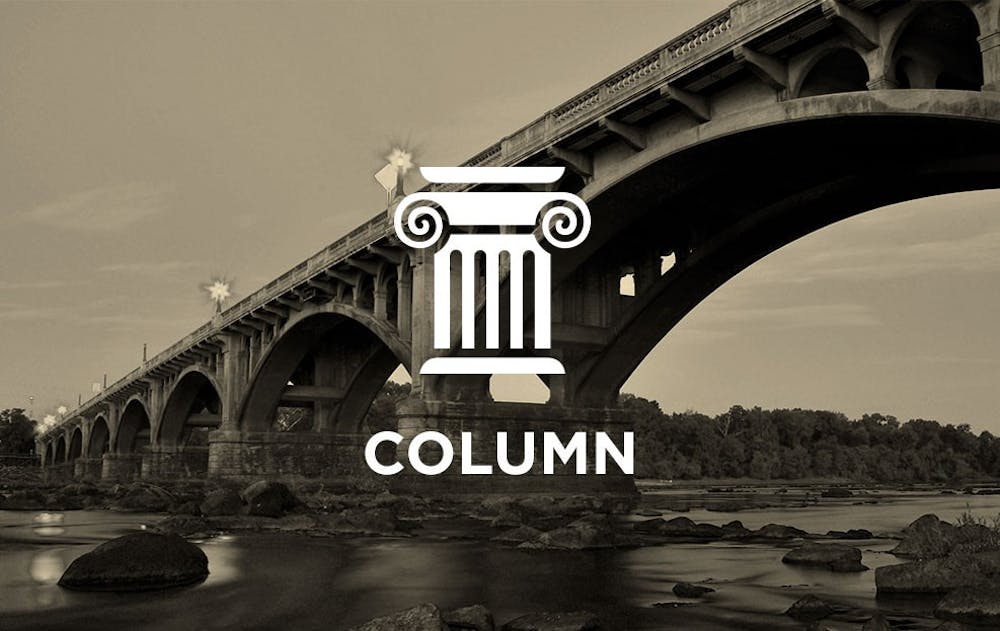Earlier this month, PewDiePie, an extraordinarily successful YouTuber who streams video games on his channel with over 57 million subscribers, was caught up in controversy.
PewDiePie is not a typical YouTuber. PewDiePie brought in $15 million dollars in 2016 and signed — and subsequently lost — a deal with Disney and YouTube Red. PewDiePie, as someone who streams video games online, has managed to become more popular and successful than some well-off TV stars. This is why this latest controversy is deeply disappointing for someone who has watched his content from a young age.
When I was in middle school, I was a typically awkward kid who was trying desperately to fit in and was easily influenced by both the people around me and the people I watched online. I was far from the only one to be this way.
Around this time was also when I got into Let’s Plays on YouTube and the first one I remember following was PewDiePie. My then-girlfriend and I would get together and watch his videos the way that other people watched TV together. I bought PewDiePie shirts and bracelets for my girlfriend, I recommended him to friends and I genuinely thought he was a funny guy. While I have long since fallen off of his content and now find his on-screen persona irritating, he was able to draw me in during a very impressionable time in my life and make me form a connection.
And this is exactly why I believe that his recent actions are not only extremely harmful and important but also past the point of excuses.
Over the weekend, Felix Kjellberg — PewDiePie's real name — was streaming Player Unknown’s Battlegrounds when he called another player the N-word in frustration. He went on to laugh and say, “I don’t mean that in a bad way.” Kjellberg has been met with backlash in the following days including a tweet from “Firewatch” co-director Sean Vanaman saying that he would be filing for a DMCA takedown of all content where PewDiePie streamed his game, including a video with over 5 million views.
While there are many like Vanaman who have condemned Kjellberg’s actions, there are also many who have been quick to make excuses for him. Many have said it was a simple slip of the tongue. Some say it was a human mistake that he shouldn’t be taken to task for. To me, with Kjellberg’s track record, his public standing and his youthful audience, this simply isn’t a good enough of an excuse.
The truth is that this isn’t Kjellberg’s first spat with controversy surrounding racism. Earlier this year, Kjellberg was under fire over a joke gone horribly wrong where he used the online service Fiverr to get two people to dance and hold a sign that said “Death To All Jews,” believing that they wouldn’t actually do it. This and several other anti-Semitic references were found in his videos and spread by media sites, leading to Disney and YouTube to cut ties with him.
When all of this happened, Kjellberg and his fans both argued that he was the victim and that the media was taking jokes out of context to make him look bad. And personally, I think he did have a point. The drama seemed to me to be a quick way for media sites to get clicks and while it was clear that the jokes were in poor taste and not actually funny, the coverage of it was intending to hide context and paint Kjellberg in a bad light as a result.
This time, there is no misrepresenting what happened. Kjellberg was angry and his impulse reaction was to use a racial slur to insult someone. While I think this was said impulsively and I can’t say whether or not Kjellberg is racist at heart, it really doesn’t matter. A large amount of PewDiePie fans are impressionable kids, just as I was when I watched him, and this sort of carelessness when dealing with deeply offensive racial language could have an impact on those who look up to him.
Some might argue that Kjellberg doesn’t have an obligation to be a role model to kids and that with the nature of his content, kids shouldn’t be watching anyway. I agree, but they watch anyway. We can argue all day about whether or not parents should be doing a better job keeping their kids off of inappropriate videos on the internet, but the truth is that young people watch PewDiePie videos, and Kjellberg knows it.
As a public figure who is speaking to a younger audience, I believe that he has a sort of baseline responsibility not to trivialize or normalize speech that is this hateful. This isn’t a legal responsibility — he has every right to say whatever he wants on his own stream. This is, however, a moral responsibility that many in the public, myself included, are deeply disappointed to see broken.
There might not be a legal or financial consequence to this drama — we will have to see how Vanaman’s takedown plays out and whether or not other developers decide to take similar actions. I do believe there should be some consequence from the public as a whole. This is not a simple issue, and is not something that should be swept under the rug. The N-word is not synonymous with “asshole,” and if we make excuses for a YouTuber with more than 50 million subscribers to use them interchangeably, regardless of his intentions, we are letting what could be a constructive conversation turn into the normalization of hateful speech.

